In the latest episode of the “We’re Not Stumped” podcast, the spotlight is on Dave Gibson, an inspiring individual living in Arizona who shares his powerful story of resilience and humor in the face of life’s daunting challenges. Dave was born and raised in Southern California and moved to Arizona in the spring of 2004. He loves riding motorcycles, playing hockey, and being introduced to anything new. Dave’s journey is marked by a series of life-altering events, beginning with a severe motorcycle accident that led to the loss of his left leg. This traumatic incident could have easily defined his life, but Dave chose a different path.
Despite the physical and emotional hurdles of limb loss, Dave’s indomitable spirit shines through. He continues to ride his motorcycle, a testament to his determination and love for life on the road. Riding isn’t just a hobby for Dave; it’s a symbol of his refusal to be confined by his circumstances.
However, Dave’s journey doesn’t end there. He also candidly discusses surviving two strokes, which added another layer of complexity to his life. These strokes left him with a speech quality that he humorously likens to sounding “like I’ve had a bit to drink.” Yet, this change hasn’t dimmed his zest for life or his ability to bring joy to those around him. Instead, Dave embraces his unique voice and continues to engage with the world around him, often bringing laughter to his friends and family.
Throughout the podcast, Dave opens up about the challenges he has faced, offering an honest and heartfelt look at his journey. From the initial shock of his accident and strokes to the daily struggles and triumphs of living as an amputee, he provides valuable insights and encouragement for others facing similar obstacles.
Listeners of “We’re Not Stumped” will find Dave’s story both moving and uplifting. His experiences highlight not only the physical and mental battles that come with severe medical issues but also the incredible resilience of the human spirit. Dave Gibson’s journey is a testament to the power of perseverance and the importance of maintaining a sense of humor, even in the toughest times.
To hear Dave’s full story and learn more about his inspiring outlook on life, check out the latest episode of the “We’re Not Stumped” podcast.
Listen on Apple Podcasts
Watch on YouTube
Listen on Spotify
In this powerful and reflective episode of We’re Not Stumped, host Mike Bolland welcomes Terry Tucker, author of Four Truths and a Lie, for a deep conversation about mindset, mental toughness, and what it truly means to live a significant life. Terry shares the philosophy behind his latest book, which challenges common definitions of success rooted in money, status, and material achievement. Instead, he invites listeners to rethink success through the lens of service, responsibility, and impact on others. At the heart of his message is one foundational truth: if you don’t control your mind, it will control you.
In this eye-opening episode of We’re Not Stumped, host Mike Bolland speaks with Dr. Kevin Lee, a vascular and interventional radiologist at Georgia Endovascular, about why so many amputations don’t have to happen. Dr. Lee explains how misdiagnosed or untreated peripheral artery disease (PAD) is one of the leading causes of limb loss—especially among veterans, older adults, and people living with diabetes. He shares how minimally invasive endovascular procedures can restore blood flow, reduce pain, and help patients avoid amputation when disease is caught early.
Tom Lenoble’s story is a powerful combination of leadership, resilience, and personal transformation. In this inspiring interview, Tom reflects on his remarkable career leading global customer operations for major brands like MCI, Walmart.com, Palm, and Facebook, where he helped build the company’s first customer operations organization during its explosive early growth. Beyond his Silicon Valley leadership achievements, Tom opens up about surviving two life-threatening illnesses, living with HIV, and battling metastatic cancer for 13 years while continuing to lead, inspire, and thrive. His bestselling memoir, My Life in Business Suits, Hospital Gowns, and High Heels, reveals the deeply human side of his journey — from corporate success to vulnerability, healing, and purpose.

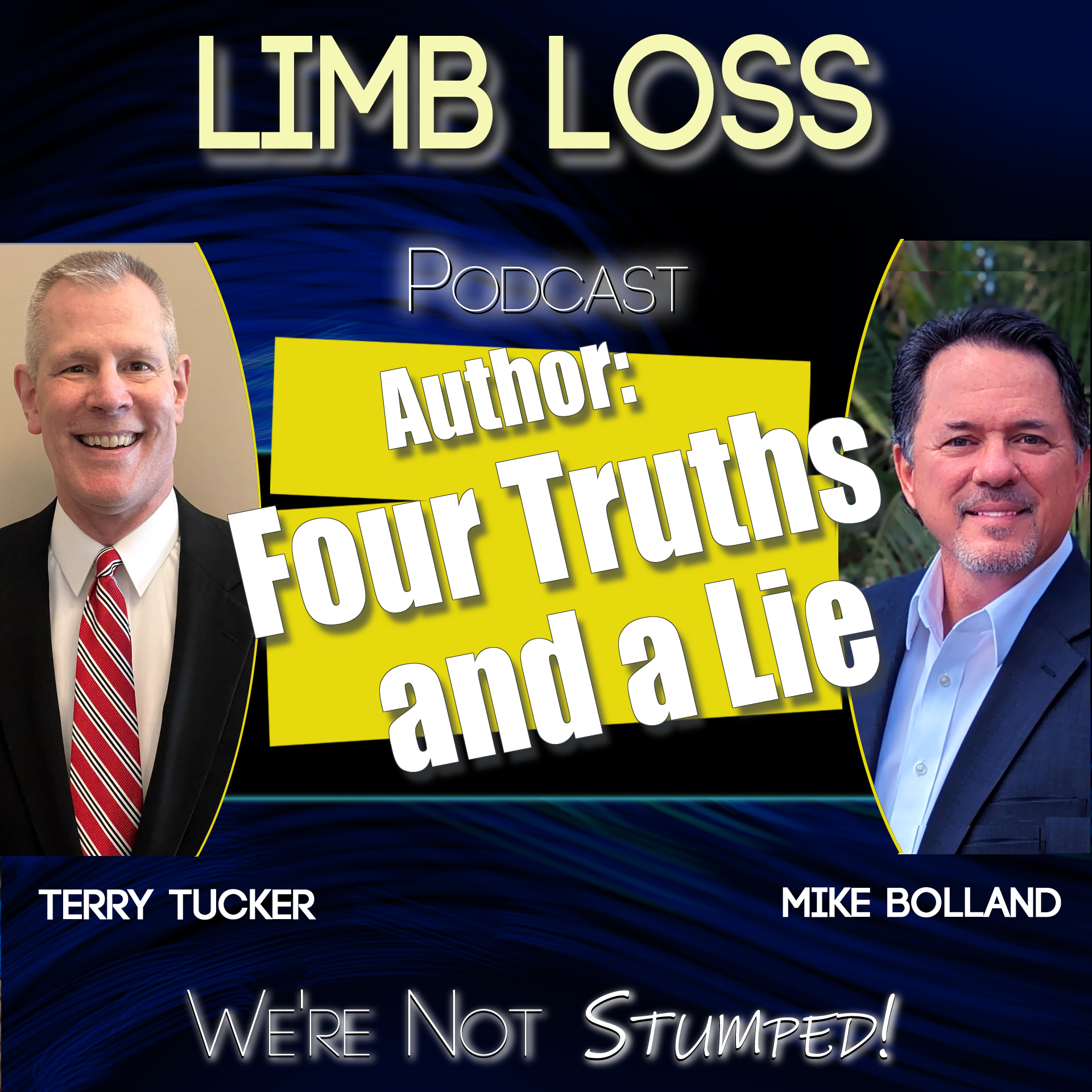
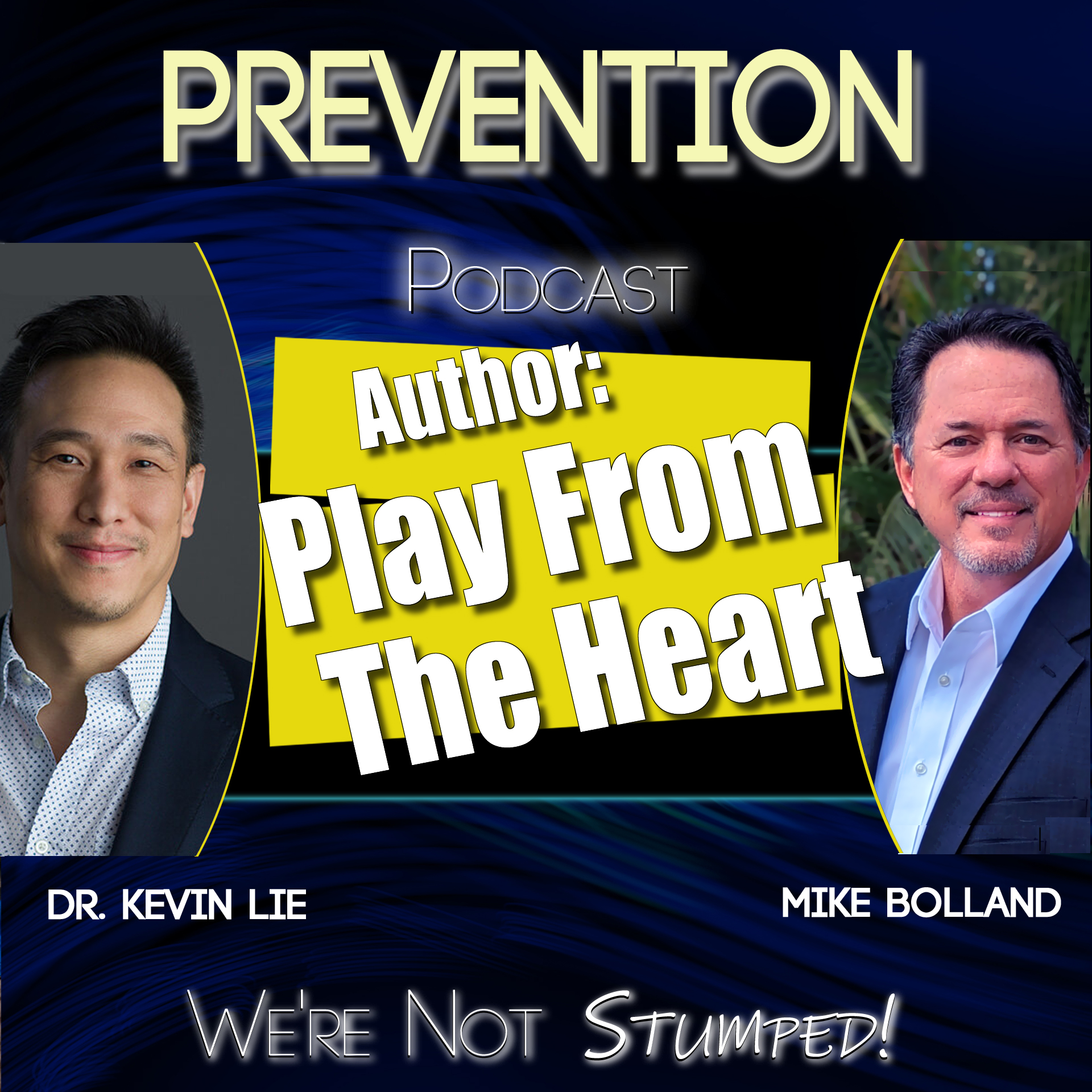
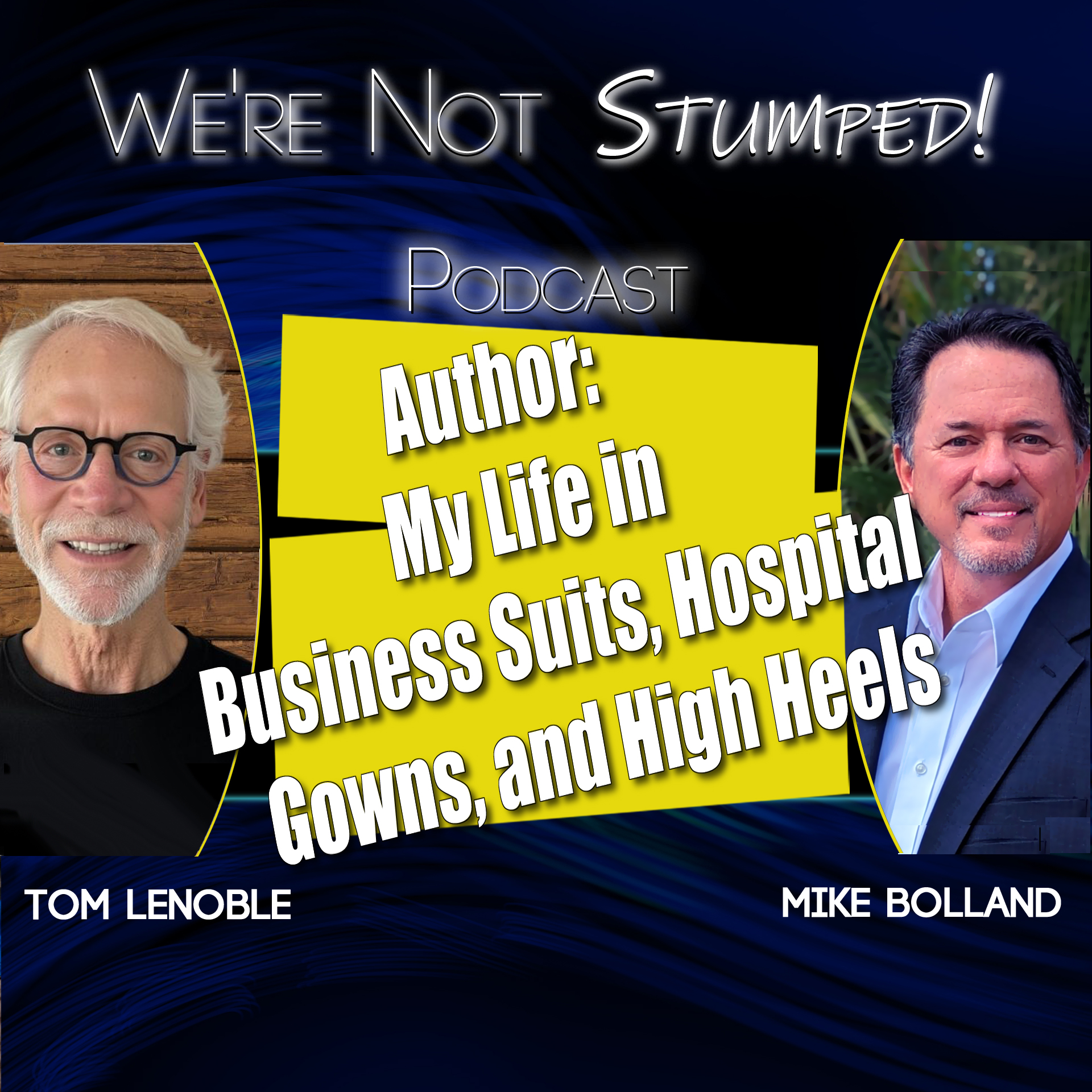

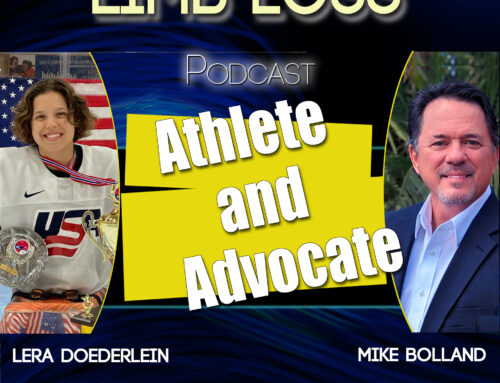

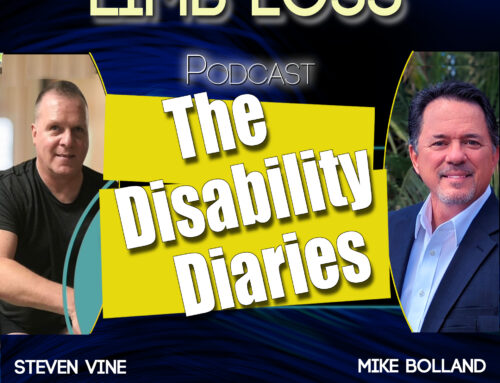
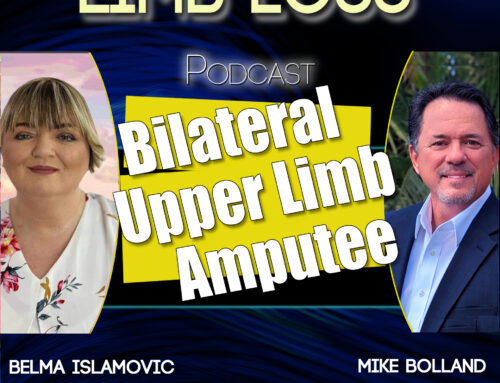
Leave A Comment